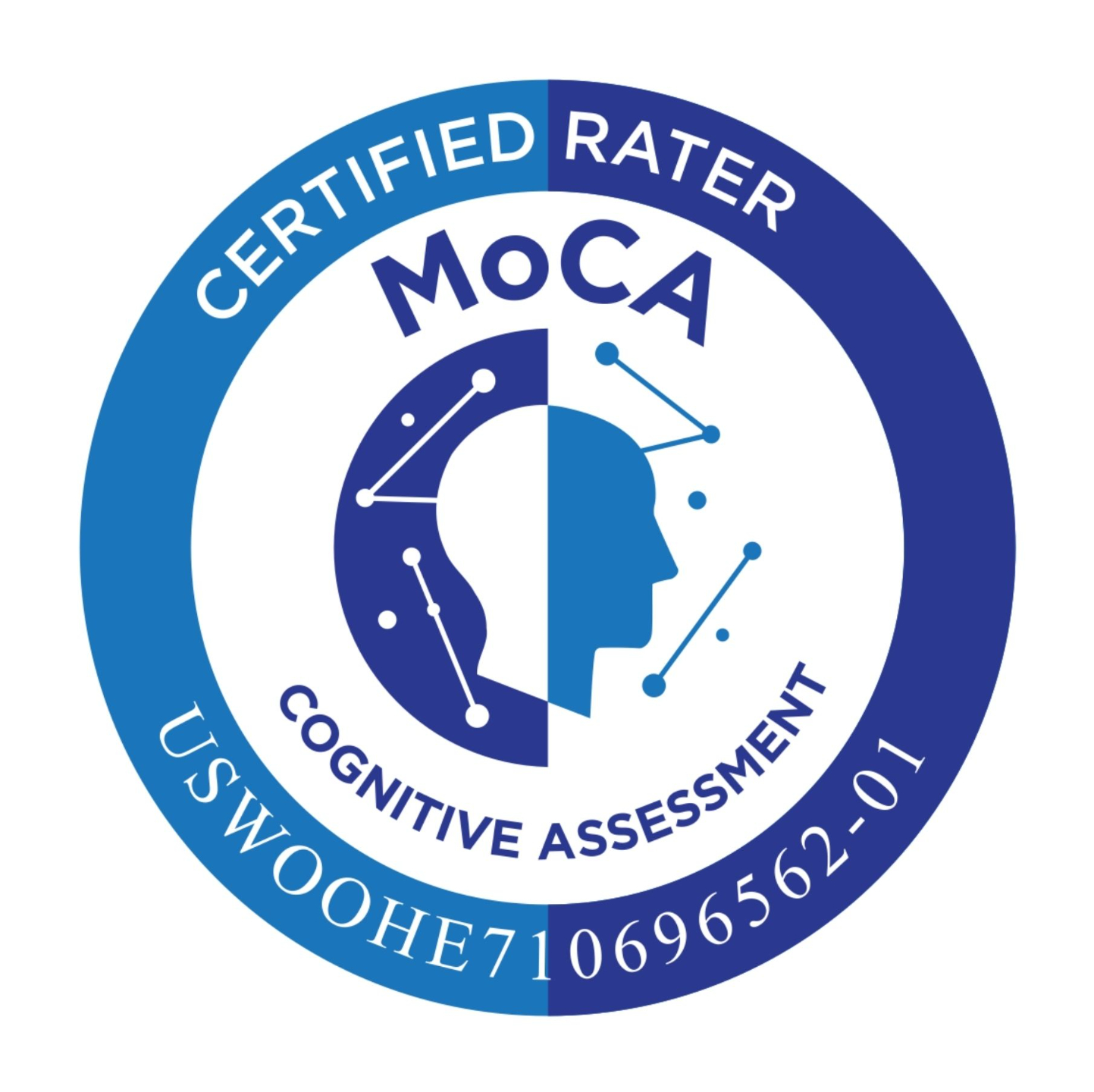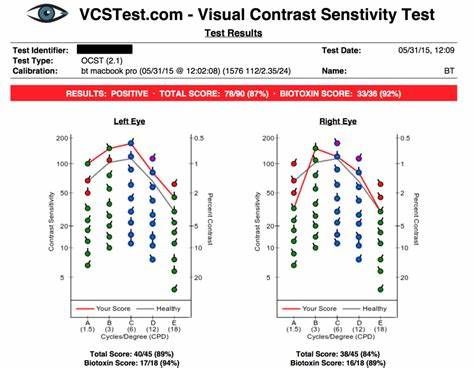Initial Intake Appointment
You can schedule a Telehealth Appointment or In-Person at one of our four locations:
Westlake, Ohio
Beverly Hills, California
Santa Barbara, California
Oxnard, California
WHY do we do MOcA Testing on our clients?
MoCA empowers healthcare professionals and researchers to detect cognitive impairment related to
-
Alzheimer’s disease
-
Parkinson’s disease
-
Huntington’s disease
-
Lewy Body Dementia
-
VCI/Stroke
-
Fronto-temporal dementia
-
Brain metastasis
-
ALS
-
Sleep behavior disorder
-
Brain tumors
-
Multiple sclerosis
-
Head trauma
-
Depression
-
Schizophrenia
-
Heart failure
-
Substance abuse
-
HIV
-
COVID, and more
MoCA (Montreal Cognitive Assessment or The MoCA Test) was validated as a highly sensitive tool for early detection of mild cognitive impairment (MCI) in hundreds of peer-reviewed studies since 2000. MoCA has been widely adopted in clinical settings and used in academic and non-academic research around the world. The sensitivity of MoCA for detecting MCI is 90%, compared to 18% for the MMSE.


WHY do we do VCS Tests on our clients?
Visual contrast sensitivity testing measures your ability to see details at low contrast levels and is often used as a nonspecific test of neurological function. Similar in form to a standard audiometry hearing test, a VCS test generally involves the presentation of a series of images of decreasing contrast to the test subject and the recording of the contrast levels where patterns, shapes, or objects can or cannot be identified. The results of the test can then be used as an aid in the diagnosis of visual system dysfunction.
Many things can affect the ability to perceive contrast. These include nutritional deficiencies, the consumption of alcohol, drug/medication use, and exposure to endogenous or exogenous neurotoxins and/or biotoxins, including volatile organic compounds (VOCs), venom from animal or insect stings or bites, actinobacteria, some species of mold and the mycotoxins and microbial VOCs they produce, cyanobacteria, dinoflagellates (particularly Pfiesteria and Ciguatera), apicomplexans, parasites, heavy metals like mercury and lead, and the pathogens responsible for Lyme disease and its common co-infections.
VCS testing, by itself, is generally not diagnostic for any specific condition (including either mold or neurotoxin exposure), but a positive result may suggest the existence of a health and life-affecting clinical or subclinical process. If your results are positive, you could have a number of different conditions and should see your healthcare provider.
VCSTest.com offers an optional symptom assessment that can help you determine if you might be suffering from Chronic Inflammatory Response Syndrome (CIRS). The CIRS assessment is 37 questions long and adds two (2) pages to our detailed results PDF. The results should be shared with your healthcare provider, or one familiar with CIRS.
WHAT is the B.R.I.G.H.T M.I.N.D.S Risk Assessment?
Based on brain imaging work and more than 30 years of clinical practice, 11 major risk factors have been discovered that harm the brain and steal your mind. The mnemonic BRIGHT MINDS was developed to help you remember them.
Blood flow, Retirement, Inflammation, Genetics, Head trauma, Toxins, Mental health, Immunity/Infections, Neurohormones, Diabesity, Sleep


WHY do we need to know your BRAIN TYPE?
In the brain imaging work at Amen Clinics, they began by looking for patterns that could help us diagnose and treat mental health conditions, such as ADHD, depression, bipolar disorder, and anxiety. But as they studied more and more scans, they also realized that certain brain patterns corresponded to personality types. Based on Their research, They have identified 16 brain types (5 primary brain types and 11 combination brain types) that influence who you are, how you behave, and how you relate to others. Knowing your brain type helps you know more about how you interact with the world and what brain health risks you may face. Even more importantly, it can also help you understand how to optimize your brain with the right diet, the best supplements, and the most effective exercise for your brain type.
